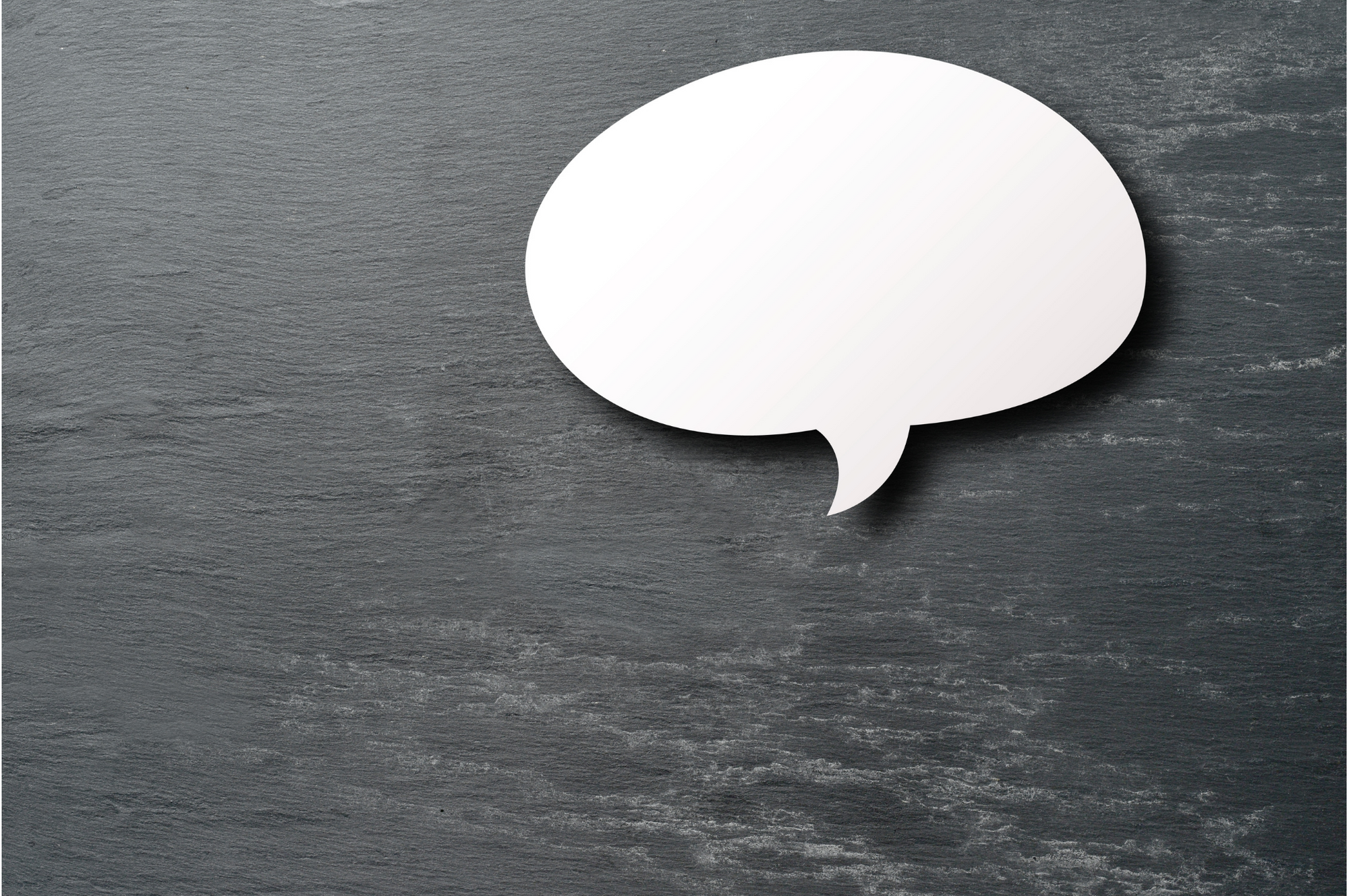blog Communication Leadership Trending | 2min Read
Published on April 20, 2023
Introduction:
Debating is often associated with ancient Greece or public school, but its relevance in today’s world cannot be understated.
So, why does debating still matter?
At its core, debating teaches crucial skills that are valuable in all aspects of life:
The ability to speak confidently in public and make sense, construct a logical argument, read an audience’s reactions, and most importantly, listen to and respond to opposing arguments are all skills that are in high demand in today’s world.
Debating forces individuals to step outside of their own personal beliefs and embrace a wide variety of arguments. It teaches people to respect the other side of an argument and question their own opinions. It also encourages individuals to see the other side and to recognize that there is a commonality of capability, capacity, and sensibility among all people.
In a world where social media often encourages individuals to only seek out information that supports their own beliefs, debating is a powerful tool for overcoming the echo chamber effect. It challenges people to consider different perspectives and to engage in constructive dialogue with those who may hold opposing views.
Role of debating competitions
Debating competitions are a fantastic way to teach young people how to argue in public. These competitions require participants to construct and present persuasive arguments and to defend their positions in the face of opposition.
This kind of training is crucial for modern life. Political events continue to remind us of the importance of persuasive arguments and good oratory that appeal not only to our rational side, but also to our emotional side.
Diversity and Debate
Debating also helps promote diversity. The more experiences and backgrounds there are on a debating team, the stronger the team becomes. This is because diversity brings a variety of perspectives and ideas to the table, which helps to broaden the scope of the debate and ensure that all viewpoints are heard.
So, should you debate?
As we move forward into an increasingly complex and interconnected world, the ability to argue effectively will only become more important. So, whether you’re a high school student or a seasoned professional, there’s never been a better time to start honing your debating skills.








 11th – 17th Jan 2022
11th – 17th Jan 2022



